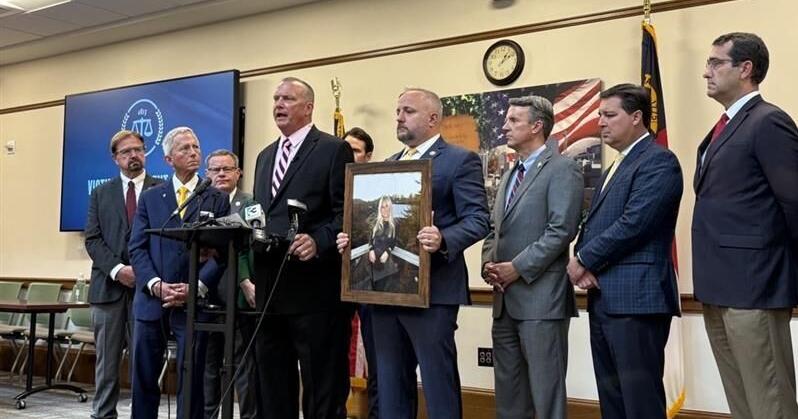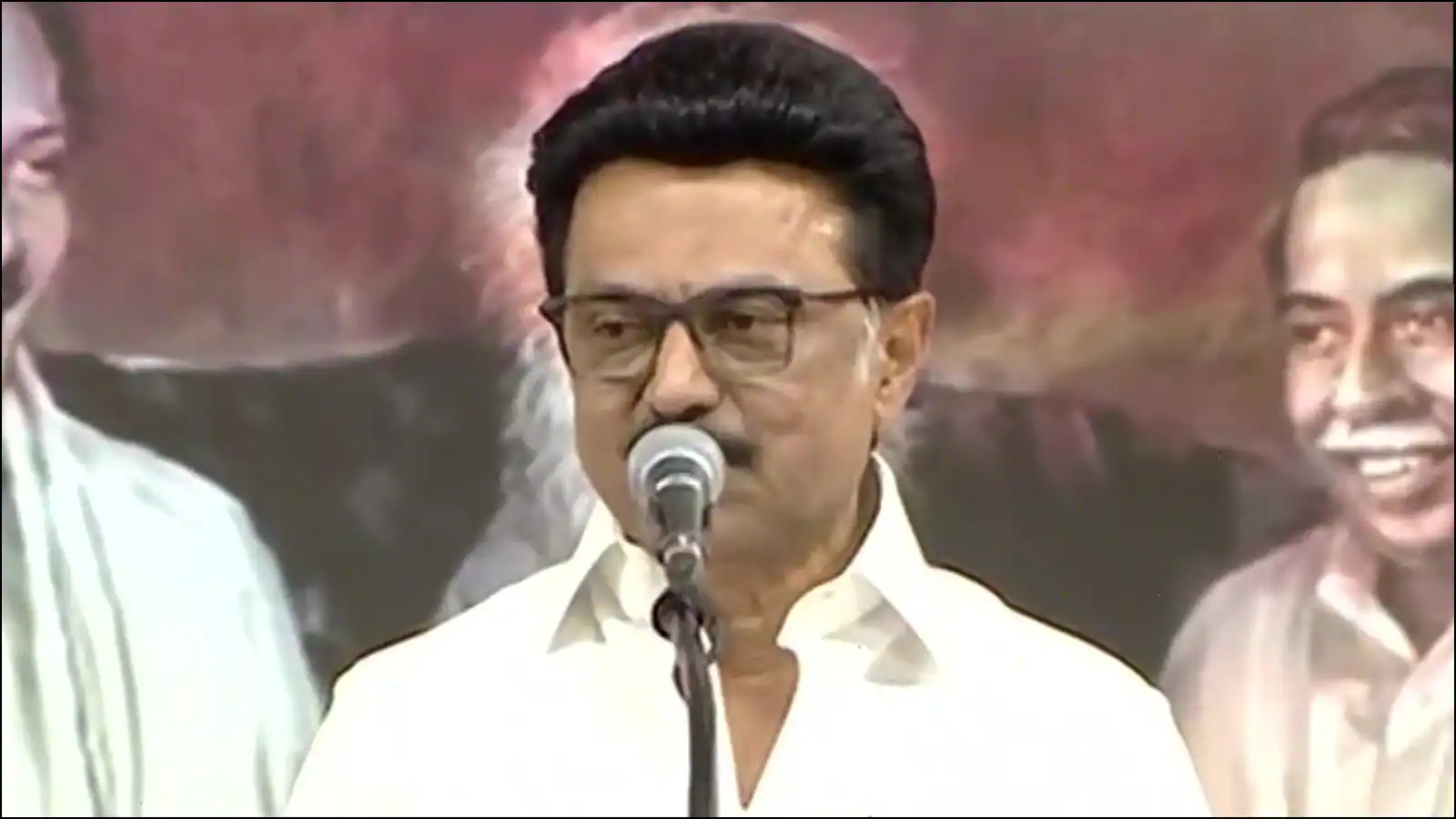
CHARLOTTE — Emotional testimony and political finger pointing ruled the day as a cadre of congressional representatives made Charlotte the site for a subcommittee hearing on violent crime.
The two-and-a-half hour convening of the U.S. House Judiciary Subcommittee on Oversight on Sept. 29 spotlighted the victims of deadly attacks in North and South Carolina, as well as the policies some lawmakers believe are to blame.
The hearing comes after the deadly stabbing of a 23-year-old Ukrainian war refugee on Charlotte’s public transit last month brought national attention to crime and the judicial system in the area.
Iryna Zarutska was killed in a seemingly random attack by a man with a history of felony crimes. Video of her death posted on social media led to outcry from President Donald Trump, prompted at least three federal investigations and spurred city leaders to change some safety standards.
More than a month after the violent crime, 18 House representatives, primarily Republicans including Rep. Ralph Norman and Rep. Russell Fry of South Carolina, asked experts and loved one’s of victims for insight into the tragedies.
Among those who testified was Steve Federico, a grieving father from North Carolina, whose 22-year-old daughter Logan Federico was killed earlier this year in Columbia during a home break-in, allegedly committed by a man with dozens of previous felony arrests.
“Nobody could figure out he couldn’t be rehabilitated,” Steve Federico told the committee while holding back tears. “South Carolina failed Logan. I’m not going to be quiet until its fixed.”
Republican lawmakers identified key issues they believe to be contributing to the violence, including cashless bail, a lack of support for police and justice systems that are too lenient. The subcommittee has also held field hearings in Philadelphia, New York and Washington, D.C., all Democrat-run cities.
“All I am saying this is not time for politics, this is not time for any race, this is not time for any party, this is a time for justice,” said Norman, who is not a member of the House Oversight Committee, but chose to attend the hearing citing his constituents that commute to the city. “Until we start putting people in prison, no amount of money, no amount of heartbreak and trying to decide if it’s mental illness. I don’t care what it is, they murdered. It’s sick, that’s what we’ve got to correct.”
Charlotte-Mecklenburg Police Officer Justin Campbell testified before the committee about how a violent, repeat offender changed his life.
Campbell was seriously hurt in a deadly shootout with a repeat offender in April 2024 that killed four officers and required Campbell to have his leg amputated.
He said the suspect in this case was a convicted felon, let free by a judicial system Campbell described as “trash.”
“I feel the majority of work I’ve done was pointless, because (the suspect) will be out while I’m still writing my report,” Campbell said, adding that the more than half of his arrests were people who’d chosen to reoffend.
Fry said he heard from other local police officers who shared Campbell’s concerns about so-called “soft-on-crime” polices, but feared retribution. Fry said there is a belief that law enforcement doesn’t have support from city leaders or the judicial system in Charlotte, but acknowledge the problem isn’t limited to certain areas.
“This is not unique to Charlotte or New York or California, this happened in my home state of South Carolina,” Fry said, referencing Logan Federico’s death.
Only two Democratic House members attended the hearing, Rep. Deborah Ross and Rep. Alma Adams, both of North Carolina.
“For our victims, this hearing is too little, too late,” said Rep. Ross, the ranking Democrat at the subcommittee hearing.
She said the focus needs to be on crime prevention, mental support and law enforcement funding to help answer the calls for law and order.
“We should seek real solutions to prevent these tragedies and not hide behind meaningless slogans,” she said.
Despite the recent media attention, Ross cited North Carolina media reporting earlier this month that Charlotte is one of the safest cities in the country.
Crime analyst Jeff Asher also testified to the committee noting a sharp decline nationwide in murders and violent crime — down 20 percent as of July and reportedly heading to the lowest mark since the 1960s — while acknowledging the improving numbers provide no solace for those who lost a loved one
“This is an insult, you could fill this entire room with victims all across Charlotte,” said Rep. Norman, who is running to be South Carolina’s next governor. “These do-good policies need to go away, the crime needs to be prosecuted and judges that don’t do it need to be replaced.”
While speaking, Norman held up a large picture featuring Iryna Zarutska and her attacker moments before she was fatally stabbed. The display drew outcry from Rep. Adams, who echoed the wishes of Zarutska’s loved one’s to not spread the images of her final moments.
The congressman quickly exited the hearing as it finished. He was not available for questions and a spokesperson could not be reached for additional comment.
Norman recently warned South Carolinians against traveling to Charlotte, alleging Democratic leadership has made the city unsafe.
Fry said he felt safe while in Charlotte, but said the city and other major ones like it need to correct course on crime.
“Americans want to feel safe in their communities,” Fry told The Post and Courier. “People can float statistics all over the place, but really, in every jurisdiction we visited, people don’t feel safe in their communities, because they see what’s happening on their streets — in rural communities and in urban centers.”



